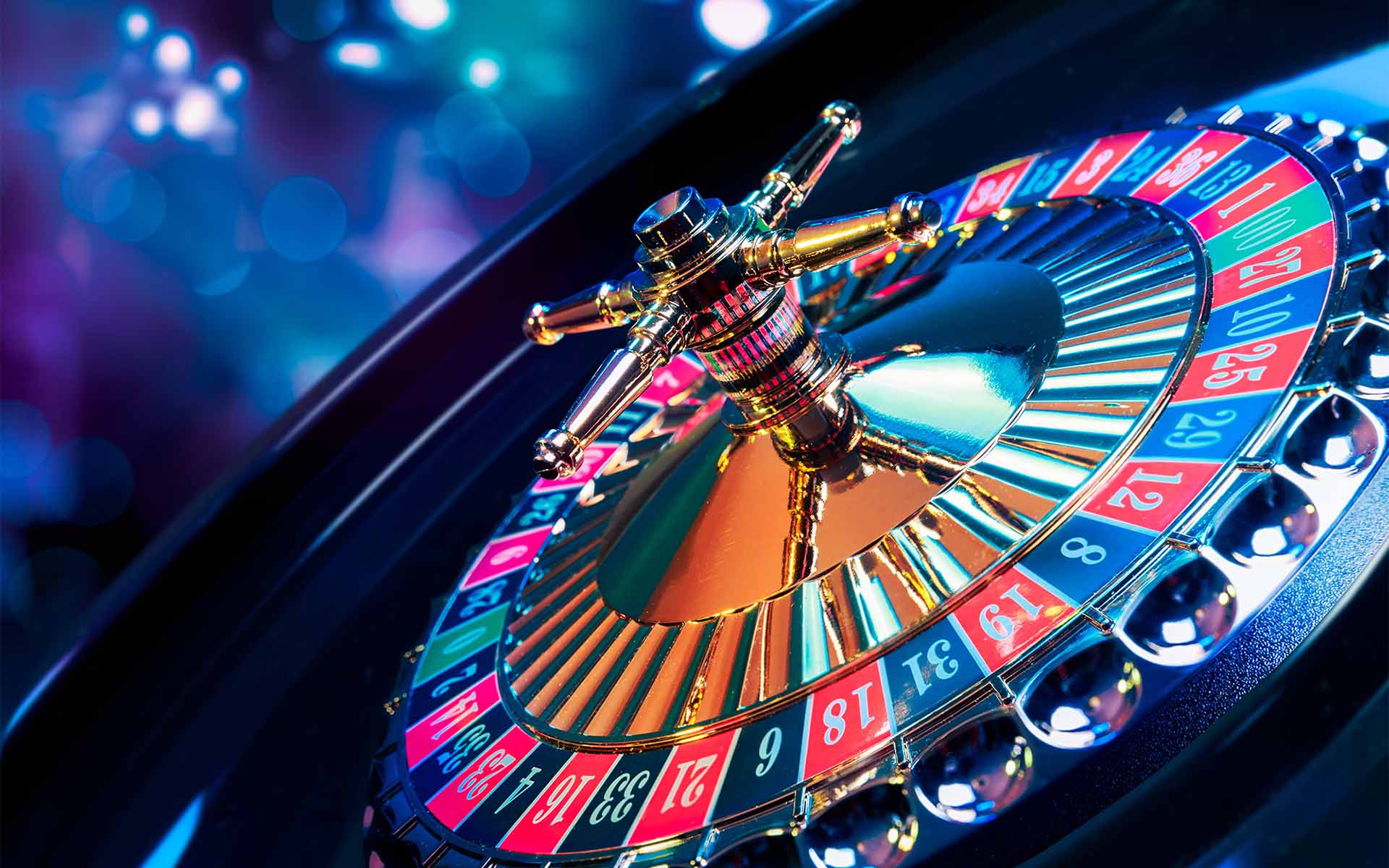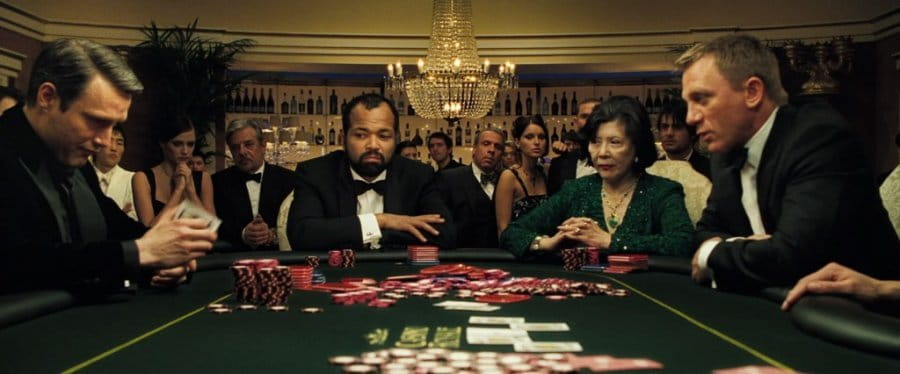
Gambling games have long been linked with the excitement of chance and the adrenaline of luck. Many individuals arrive at a casino with the assumption that their success depends solely on luck. However, a more profound exploration reveals that these games encompass much more than just the factor of luck. Understanding the framework, strategies, and human psychology behind casino games can greatly enhance the experience and improve one’s chances of winning.
On the other side of the alluring sounds of spinning reels and dice being cast, casino games involve a rich tapestry of talent, strategy, and judgment. casino francais en ligne Whether you are engaged in blackjack, poker, or even baccarat, knowing the tactics can significantly influence the result of the game. Moreover, the psychology of the gamblers and understanding the chances behind each game can shift the scales of success away from mere luck. By recognizing these layers, players can appreciate casino games as a mixture of fun and cognitive challenge, transforming their perspective from one of passive involvement to one of active participation.
The fascinating Psychology of Gambling
Grasping the psychology of gambling shows that player conduct is driven by much more than mere chance. The thrill of taking risks, immediate reinforcement, and the potential for achieving large sums can create a intense emotional experience. Numerous players find themselves captivated by the thrill, which can lead to a cycle of increased betting and risk-taking, often driven by a hopeful hopefulness that colors their views of success probabilities.
Another key element in the psychology of casino games is the illusion of control. Many gamblers think that their choices, such as the selection of games or wagering strategies, can significantly influence the outcome. This belief can enhance their engagement and enjoyment, but it also adds to persistent gambling behavior, as players often underestimate the role of randomness in these games. The excitement derived from making choices gives players a sense of involvement, which can be misleading in terms of understanding the true odds involved.
Additionally, the environment of the casino plays a crucial role in shaping a gambler’s experience. Factors like illumination, sounds, and the presence of other players create a stimulating atmosphere that enhances the thrill of the game. This thoughtfully crafted environment can lead gamblers to lose track of time and money spent, as they become enveloped in a sensory experience that heightens their emotional investment. Recognizing these psychological dynamics is essential for comprehending why casino games entice players and keep them coming back for more.
Expertise vs. Luck in Gambling Games
In the field of casino games, the argument between expertise and chance is a notable one. Numerous players believe that luck is the dominant factor, especially in games like slots where results are arbitrary. However, there are activities that evidently showcase the significance of expertise, such as poker and 21, where players can apply tactics and decisions that influence their overall success. Understanding the mechanics and intricacies of each activity can greatly affect a player’s outcome and success.
The importance of expertise becomes evident when examining the various tactics accessible to players. In activities like Texas Hold’em, for example, players must interpret their rivals, assess probabilities, and make educated choices based on their cards and the shared cards. This level of strategy demonstrates how skilled players can consistently outperform novices, proving that winning is not solely based on luck but rather on the use of knowledge and experience. Similarly, in 21, players can use techniques like counting cards to gain an advantage over the casino, further showing the importance of expertise.
On the flip side, chance cannot be entirely ignored in any casino game. While skill can improve a player’s chances of winning, unpredictable outcomes still play a crucial role. Even the best tactics can break down due to the arbitrary nature of card draws or spin results. This interplay between expertise and chance creates a dynamic gaming environment where players must adapt and react to random events while also utilizing their skills. Ultimately, effective gambling gaming is a blend of both factors, contributing to the intricacy and thrill of the gameplay.
Strategies for Success
To succeed in gambling, players must comprehend the significance of developing a strategy tailored to the distinct title they are engaging with. Each game has its unique set of guidelines, odds, and nuances that call for a considerate approach. For case, in titles like blackjack, players can use techniques such as probability assessment to make better decisions and boost their odds of winning. Grasping the probabilities and payouts associated with every title can empower players to make better choices and enhance their general play experience.
Money management is another crucial strategy that cannot be missed. Players should define a financial limit for their gambling time and stick to it. This guarantees that they do not overspend and helps maintain a level of control over their gaming activities. Deciding in advance what to stake and when to walk away can prevent emotional decisions that often lead to big losses. Prudent bankroll management enables players to appreciate gaming without the concern of going broke.
In conclusion, learning from experience and noticing other players can provide beneficial perspectives. Many successful players invest time evaluating not only their own gameplay but also that of fellow players. This observation can uncover different strategies and methods, ultimately leading to better judgments. Engaging in self-reflection after gaming sessions helps players pinpoint what succeeded and what didn’t, permitting them to adjust their strategies over time. By uniting understanding, focus, and awareness, players can increase their odds of success in gaming.
